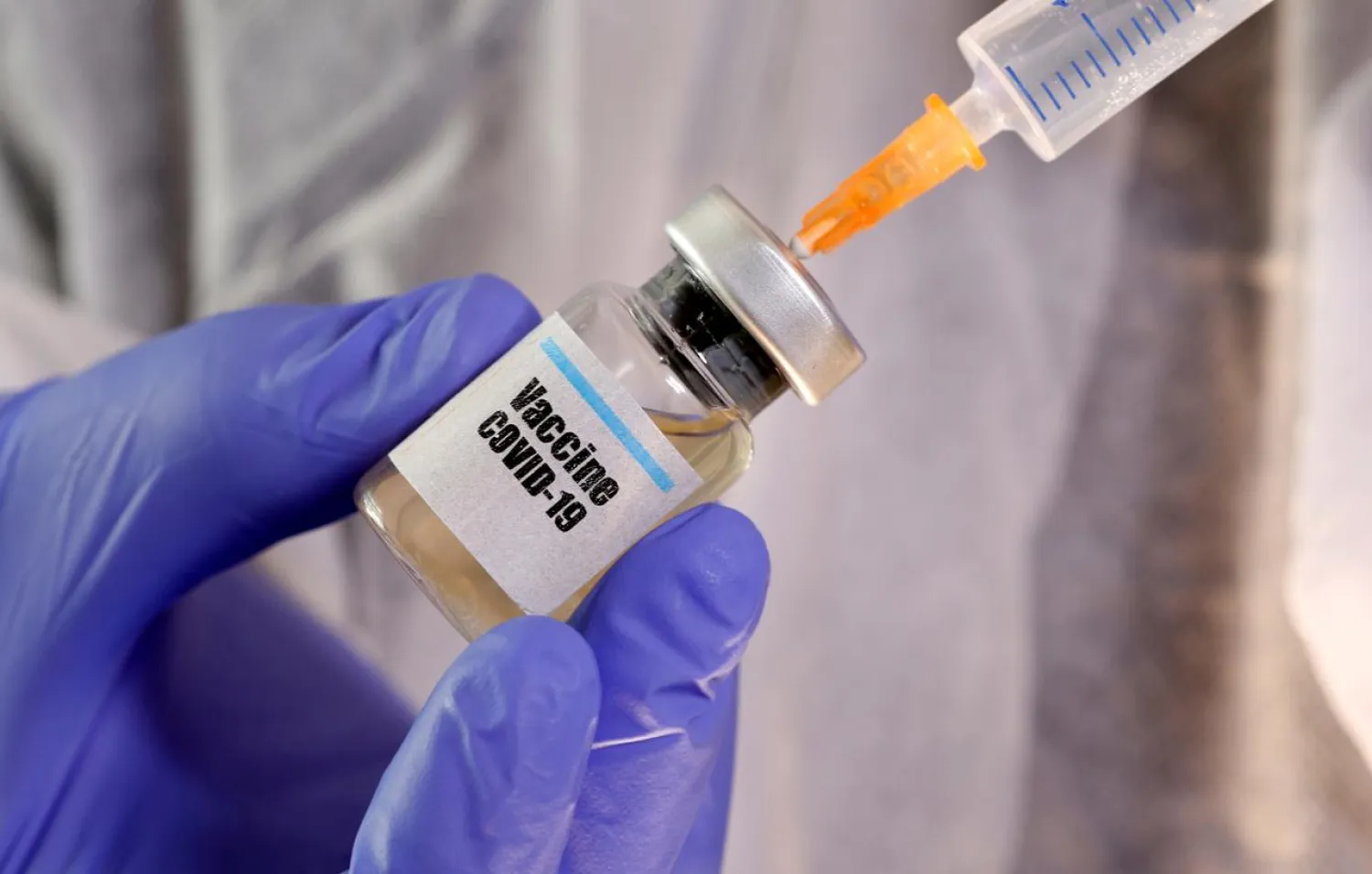The Saudi Ministry of Health said that all indicators pointed to a significant decline in COVID-19 cases and infections in the Kingdom, adding that the virus was receding with the commitment to the preventive measures.
Regarding the Pfizer vaccine, which was approved by the Saudi Food and Drug Authority, the ministry said that the priority would be given to the elderly and those suffering from chronic diseases.
In a news conference on Sunday, the spokesman for the Saudi Ministry of Health, Dr. Muhammad Al-Abdulaali, highlighted “a lot of good news in the reports related to the Coronavirus vaccines,” saying that the world “deals with this matter with great determination and hope.”
During the conference, Adel Al-Harf, vice president for drug sector at Saudi Food and Drug Authority (SFDA), discussed the registration of the COVID-19 vaccines in the Kingdom, the approval criteria, and the side effects of the vaccines.
Saudi Arabia registered 139 new infections on Sunday, the ministry said, compared to 166 cases the day before. The ministry added that 202 new recoveries were recorded, bringing the total to 350,549 cases, and 12 new deaths, raising the total number of fatalities to 6,048.









